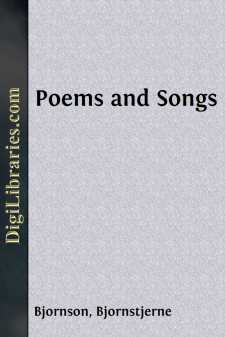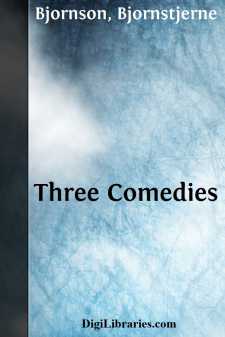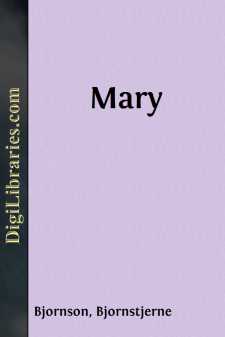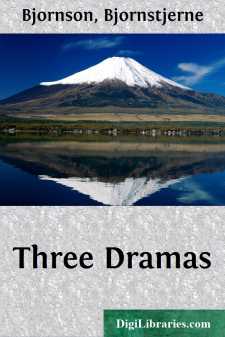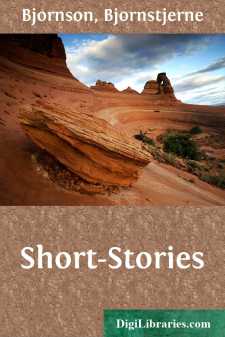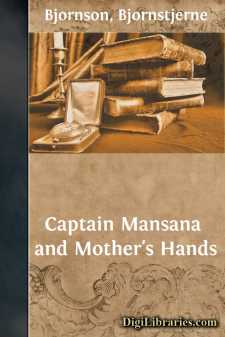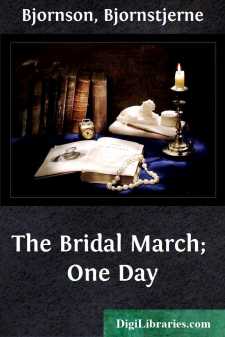Categories
- Antiques & Collectibles 13
- Architecture 36
- Art 48
- Bibles 22
- Biography & Autobiography 813
- Body, Mind & Spirit 142
- Business & Economics 28
- Children's Books 17
- Children's Fiction 14
- Computers 4
- Cooking 94
- Crafts & Hobbies 4
- Drama 346
- Education 46
- Family & Relationships 57
- Fiction 11829
- Games 19
- Gardening 17
- Health & Fitness 34
- History 1377
- House & Home 1
- Humor 147
- Juvenile Fiction 1873
- Juvenile Nonfiction 202
- Language Arts & Disciplines 88
- Law 16
- Literary Collections 686
- Literary Criticism 179
- Mathematics 13
- Medical 41
- Music 40
- Nature 179
- Non-Classifiable 1768
- Performing Arts 7
- Periodicals 1453
- Philosophy 64
- Photography 2
- Poetry 896
- Political Science 203
- Psychology 42
- Reference 154
- Religion 513
- Science 126
- Self-Help 84
- Social Science 81
- Sports & Recreation 34
- Study Aids 3
- Technology & Engineering 59
- Transportation 23
- Travel 463
- True Crime 29
Poems and Songs
Description:
Excerpt
INTRODUCTION BJÖRNSON AS A LYRIC POET
I lived far more than e'er I sang;
Thought, ire, and mirth unceasing rang
Around me, where I guested;
To be where loud life's battles call
For me was well-nigh more than all
My pen on page arrested.
What's true and strong has growing-room,
And will perhaps eternal bloom,
Without black ink's salvation,
And he will be, who least it planned,
But in life's surging dared to stand,
The best bard for his nation.
A life seventy-seven years long and but two hundred pages of lyrical production, more than half of which was written in about a dozen years! The seeming disproportion is explained by the lines just quoted from the poem Good Cheer, with which Björnson concluded the first edition of his Poems and Songs. Alongside of these stanzas, in which the cause of his popularity and powerful influence is also unconsciously revealed, may well be placed the following one from The Poet, which discloses to us the larger conception of the mission that Björnson himself in all his work and life, no less than in his lyrics, so finely fulfilled:
The poet does the prophet's deeds;
In times of need with new life pregnant,
When strife and suffering are regnant,
His faith with light ideal leads.
The past its heroes round him posts,
He rallies now the present's hosts,
The future opes
Before his eyes,
Its pictured hopes
He prophesies.
Ever his people's forces vernal
The poet frees, —by right eternal.
"The best bard for his nation" is he who "does the prophet's deeds," who "rallies now the present's hosts," and "frees, —by right eternal." Poet and prophet Björnson was, but more than all else the leader of the Norwegian people, "where loud life's battles call," through conflict unto liberation and growth. It has been said that twice in the nineteenth century the national soul of Norway embodied itself in individual men,—during the first half in Henrik Wergeland and during the second half in Björnstjerne Björnson. True as this is of the former, it is still more true of the latter, for the history of Norway shows that the soul of its people expresses itself best through will and action. Björnson throughout all his life willed and wrought so much for his country, that he could give relatively little time and power to lyrical self-expression.
But Björnson strikingly represented the past of Norway as well as his contemporary age. He was a modern blending of the heroic chieftain and the gifted skald of ancient times. He was the first leader of his country in a period when the battles of the spirit on the fields of politics and economics, ethics, and esthetics were the only form of conflict,—a leader evoking, developing, and guiding the powers of his nation into fuller and higher life. In his many-sidedness Björnson was also in his time the first skald of his people, almost equally endowed with genius as a narrative, a dramatic, and a lyric poet; with talents scarcely less remarkable as an orator, a theater-director, a journalistic tribune of the people (his newspaper articles amounted, roughly estimated, to ten thousand book-pages), a letter-writer, and a conversationalist....


